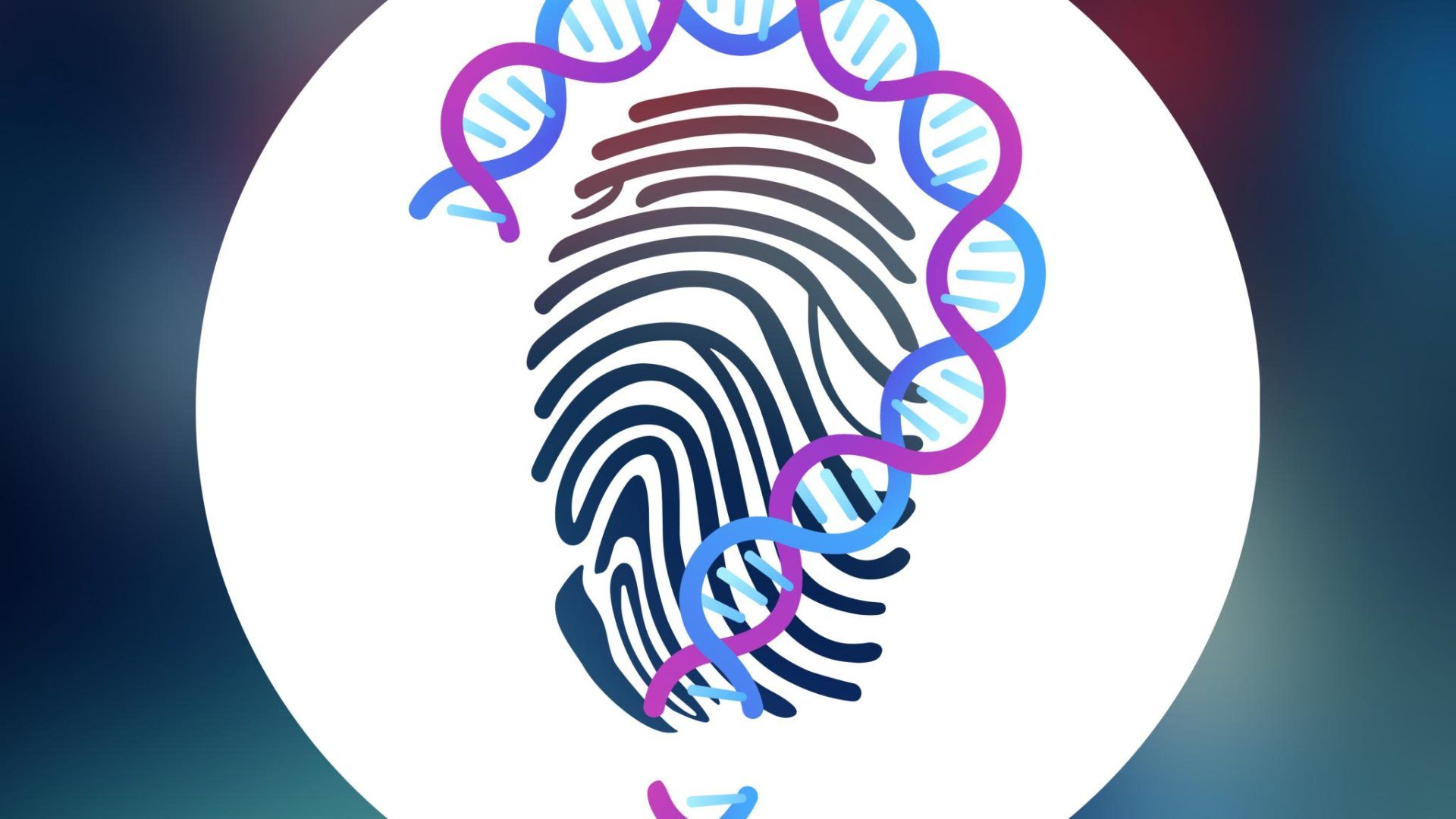From “familial searching” to “forensic genetic genealogy”: New frontiers – and challenges – of DNA analysis in criminal investigations
Editorial: New Frontiers and Challenges of DNA Analysis in Criminal Investigations.
Since its introduction in 1985, according to Formici, DNA testing has become vital in criminal investigations through forensic genetics, which extracts unique DNA profiles from crime scene samples. In the mid-1990s, many countries established national DNA databases that store genetic profiles of convicted individuals, and sometimes arrestees, victims, or persons of interest. Law enforcement can access these databases under strict regulations for comparisons with DNA from crime scenes to identify unknown offenders.
However, the collection and retention of such sensitive genetic information raise significant privacy concerns and affect citizens' rights, including data protection and the presumption of innocence. Balancing effective investigations with individual privacy rights presents a challenge for legislators, who must make careful regulatory choices. The key question remains: to what extent can the rights of innocent civilians be compromised to prevent future offences and enhance public safety?
The increasing use of familial searching and genetic genealogy reflects a tendency among authorities to leverage sensitive data for security, similar to trends seen in telecommunications and biometric identification. This raises concerns about over-surveillance and the potential erosion of privacy in society.
Read more in the source.
Source: Formici, G. (2021). From "familial searching" to "forensic genetic genealogy": new frontiers – and challenges – of DNA analysis in criminal investigations. BioLaw Journal - Rivista Di BioDiritto, (1S), 305–328. https://doi.org/10.15168/2284-4503-788
Image: ForensicMag.com. https://media.labcompare.com/m/53/article/594940.jpg









